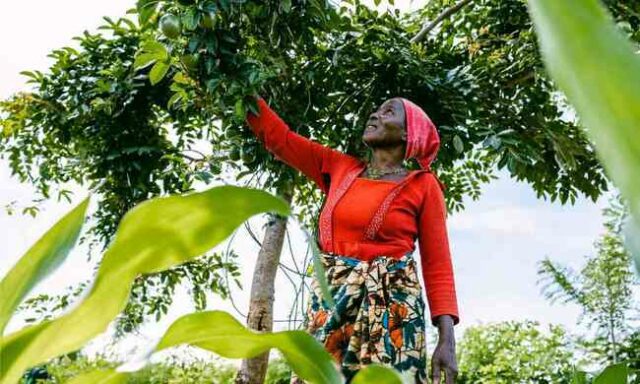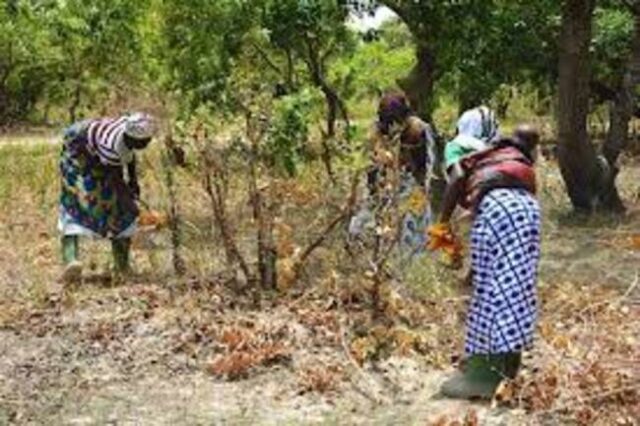
The African Forest Farming Initiative, spearheaded by Trees for the Future, has emerged as a transformative force in rural Africa, offering an alternative approach to conservation and economic development. Departing from conventional strategies that focus solely on funding park infrastructure and wildlife protection, this initiative recognizes the symbiotic relationship between farmers and the environment. By imparting simple agroforestry techniques to African farmers, Trees for the Future aims to not only safeguard the irreplaceable beauty of African wilderness but also stimulate rural economies. Through the creation of forest farms spanning over 41,000 hectares, Trees for the Future has pioneered a model that intertwines native trees with a diverse mix of subsistence and cash crops, fostering ecosystems that are conducive to biodiversity and sustainable agriculture.

Vincent Mainga, the Kenya director of Trees for the Future, underscores the significance of this regenerative agriculture movement, emphasizing its accessibility and long-term viability. With a focus on empowering farmers over a four-year period, the initiative equips them with the knowledge and resources needed to cultivate thriving farmlands independently. By prioritizing job creation and economic empowerment, Trees for the Future transcends the traditional metrics of tree-planting initiatives, aiming to generate 230,000 jobs across nine countries. Through partnerships with smallholder farmers, such as those in Kesouma, Kenya, Trees for the Future is fostering tangible progress, as evidenced by the transformation of traditional farming practices and the cultivation of sustainable livelihoods.














